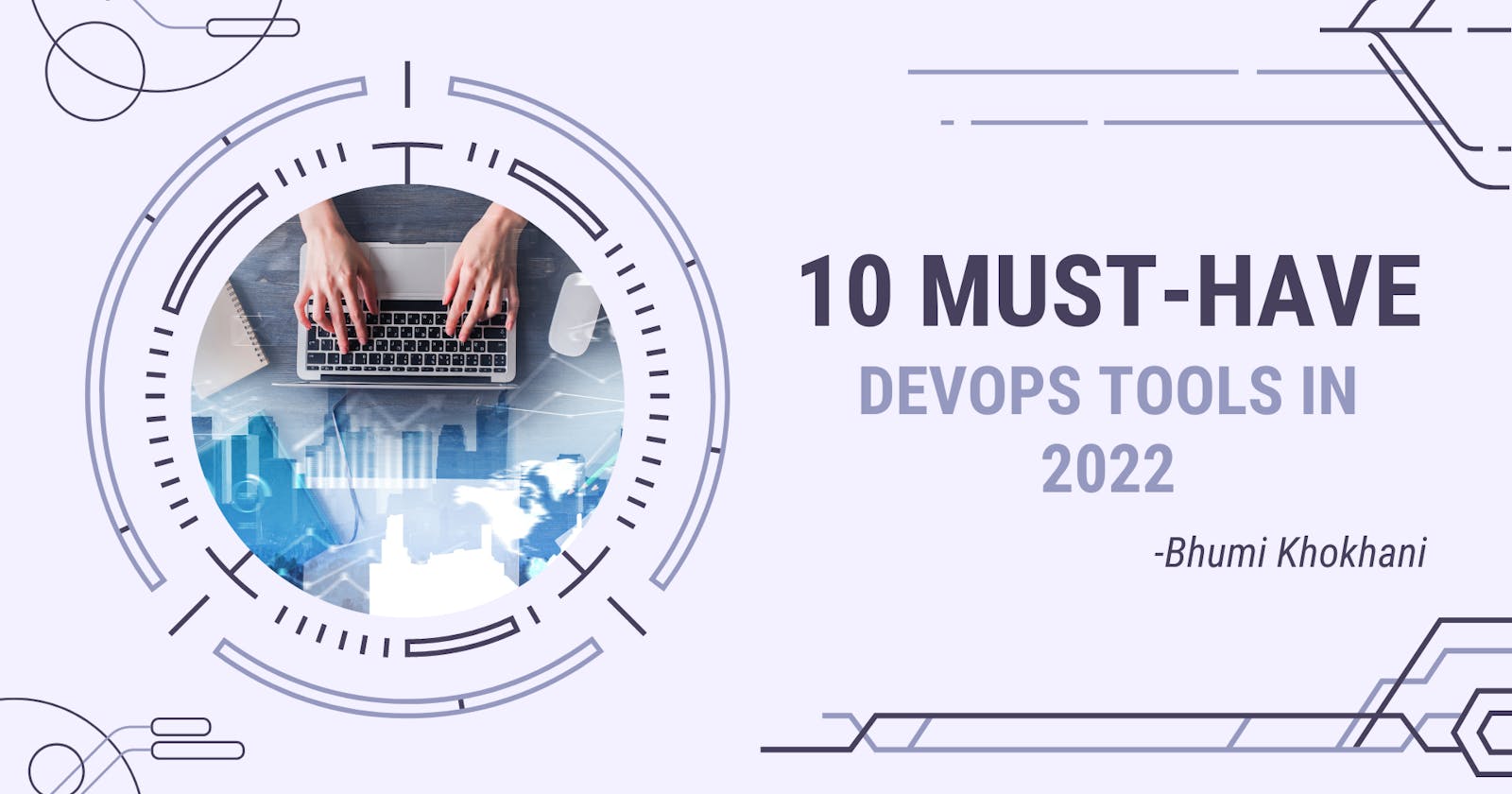10 Must-Have DevOps Tools in 2022
In this article, let's learn what DevOps tools are and how are they benefiting us. Also, let's go about the trending DevOps tools in 2022.
The link to the original post is here
Introduction
DevOps is essential whether you want to automate the stages of testing, creating, or releasing a project. According to statistics, when DevOps principles are used, 68% of firms see an improvement in software development quality.
A significant new technique in software development is the integration of development and operations. Whether you're new to DevOps techniques or looking to improve your current ones, determining which technology is right for your team can be difficult.
This article provides a category-by-category breakdown of some of the most popular DevOps tools available in the market. We will start with the specifics of what DevOps is, why we need it, the criteria to find the right tool and the top ten DevOps tools to use in 2022.
What is DevOps?
DevOps tools make DevOps practices a reality by covering the full software development cycle, including code reviews, version control, deployment, and monitoring.
It is an automation tool for the software development process. It primarily focuses on product management, software development, and operations professionals' communication and cooperation. DevOps tools also enable teams to automate most software development activities such as build, conflict management, dependency management, deployment, and so on, reducing manual work.
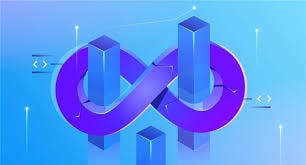
Why DevOps?
Transparency, automation, and collaboration are at the top of the value chain with DevOps solutions. These technologies make it simpler for all stakeholders to collaborate and exchange information and technical expertise in order to build a better product, whether they are in the development, security, or business teams.
Benefits of using the DevOps tool
All of the platforms, servers, tools, and apps used in the new SDLC are considered DevOps tools.
- Improves and expands communication
- Repetitive tasks are automated.
- Context switching is no longer necessary.
- Uses software monitoring to provide software considerably more quickly.
Choosing the right DevOps tool
Not all tools have all of the features required to support DevOps functions, there are always certain things to consider when selecting the right tools for your product needs and DevOps objectives.
The activities, structure, and atmosphere of the company all influence these objectives. So, to achieve success, here are a few factors for selecting the best DevOps technologies for your company or product.
Infrastructure for technology and applications.
Selecting tools that are compatible with the application and infrastructure when hosted locally, or in cloud environments and evaluating how smoothly they run supporting the technologies.
Integration of the developer process.
Choose a tool that works with your current development tools, project management systems, and Integrated Development Environments (IDEs).
Open and extensive integration.
Is it possible to combine the tool with different DevOps pipeline technologies, such as testing frameworks, Platforms for communication, CI & CD project management systems
Scalability and ease of usage.
Select a tool that is simple to understand and use, as well as one that can scale as your business grows and improves efficiency.
Top DevOps Tools
Git
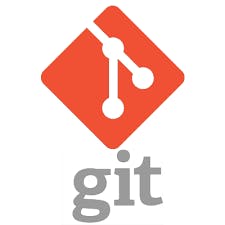 Among open-source contributors and remote teams, Git is a widely utilized DevOps technology. Developers can quickly revert to a prior version if necessary. Right present, BitBucket, and GitHub are two of the most popular Git repository hosting services. BitBucket allows a team of up to five people to create an unlimited number of private repositories, whereas GitHub only allows free access to public repositories.
Among open-source contributors and remote teams, Git is a widely utilized DevOps technology. Developers can quickly revert to a prior version if necessary. Right present, BitBucket, and GitHub are two of the most popular Git repository hosting services. BitBucket allows a team of up to five people to create an unlimited number of private repositories, whereas GitHub only allows free access to public repositories.
Docker
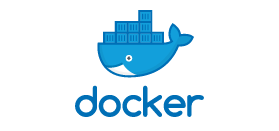 Being a lightweight DevOps tool, Docker uses a unified methodology to simplify and speed multiple activities in your SDLC. A Docker container image package contains everything a developer needs to run an application.
Being a lightweight DevOps tool, Docker uses a unified methodology to simplify and speed multiple activities in your SDLC. A Docker container image package contains everything a developer needs to run an application.
Developers may use Docker Engine to access containers, which allow them to run applications remotely. Docker is a container that manages, runs, and bundles apps.
Docker Hub allows you to browse images from trusted publishers and communities. It also enables developers to build, test, and collaborate.
Pricing: Free — $5/license/month
Jenkins
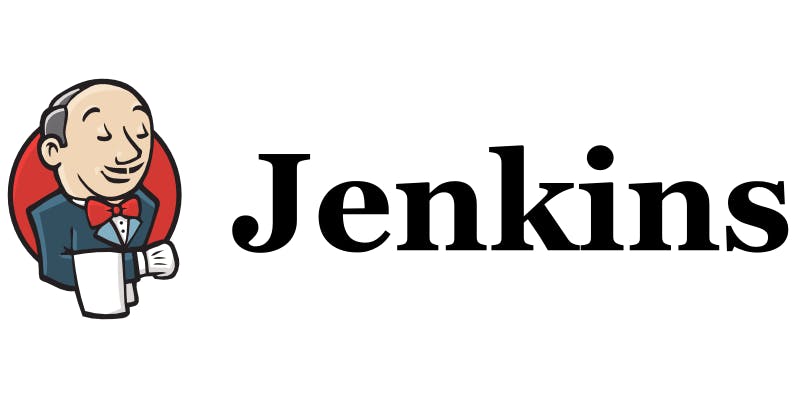 Jenkins is a DevOps tool for tracking the progress of recurring processes while expanding the automation scale.
It is easy to maintain and provides a built-in GUI interface for quick changes and encourages continuous integration and delivery.
The web interface helps make it simple to set up and configure. With increased concurrency because of distributed jobs over multiple machines.
Jenkins is a DevOps tool for tracking the progress of recurring processes while expanding the automation scale.
It is easy to maintain and provides a built-in GUI interface for quick changes and encourages continuous integration and delivery.
The web interface helps make it simple to set up and configure. With increased concurrency because of distributed jobs over multiple machines.
Apache DevLake
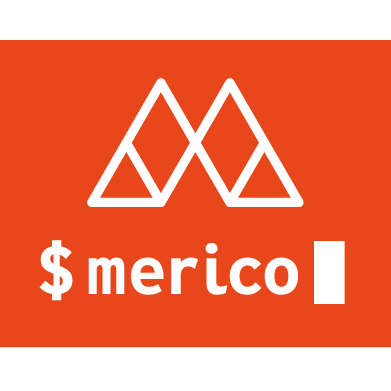 Apache DevLake is an open-source dev data platform that ingests, analyses, and visualizes fragmented data from DevOps technologies to distill engineering productivity insights.
Apache DevLake is an open-source dev data platform that ingests, analyses, and visualizes fragmented data from DevOps technologies to distill engineering productivity insights.
While being a free and open-source development tool, Apache DevLake is aimed at developer teams that want to gain a better understanding of their development process and apply a more data-driven approach to their own procedures. Many queries about your development process may be asked of Apache DevLake. Simply connect and run a query.
DevLake also connects several of your development tools like Jenkins, GitLab, GitHub, Jira, and so on, analyses the data, and visualizes it in customizable dashboards, saving you time and effort.
The tool was created so that you could ask your dev tools whatever question you wanted. You can clone the DevLake from GitHub.
With customized dashboards, every developer interested in the data within their development and delivery processes will find that DevLake provides clarity, saves time, and helps them better their code, procedures, and teams.
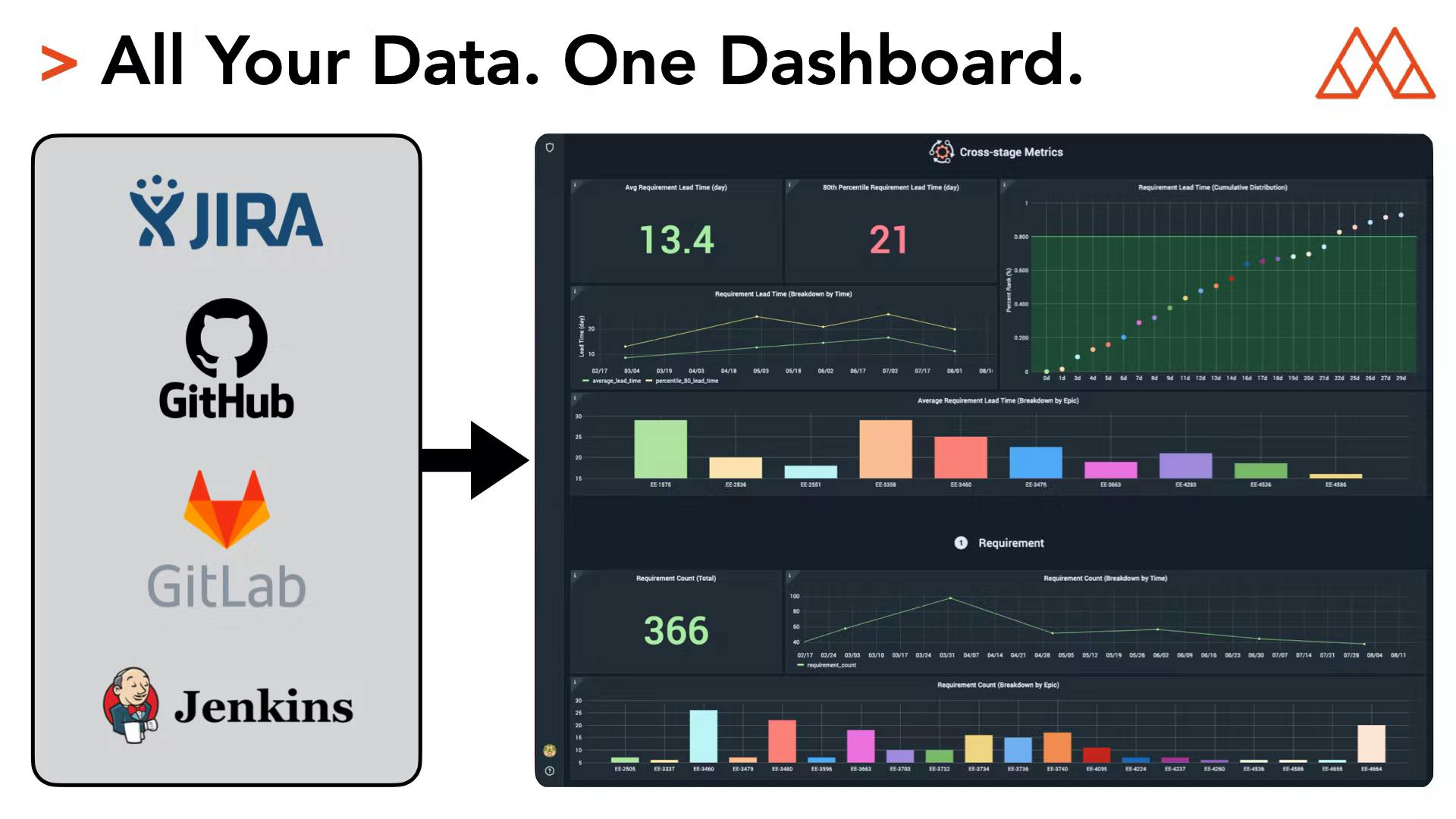
Accomplish using DevLake
- Collect DevOps data across the Software Development Life Cycle (SDLC) and link it to a common data model.
- Provide pre-built engineering metrics that may be seen in a series of dashboards.
- Allow for a configurable data analysis framework for data collecting and ETL.
Features of DevLake
- Digging workflow obstacles and gaining a comprehensive insight of the software development lifecycle
- Rapid feedback, agile modification, and timely assessment of team iteration performance.
- Build scenario-based data dashboards quickly and delve down to the core cause of issues quickly and easily.
- Drag and drop to create scenario-based data displays and support custom SQL analysis. Pricing: Free
Ansible
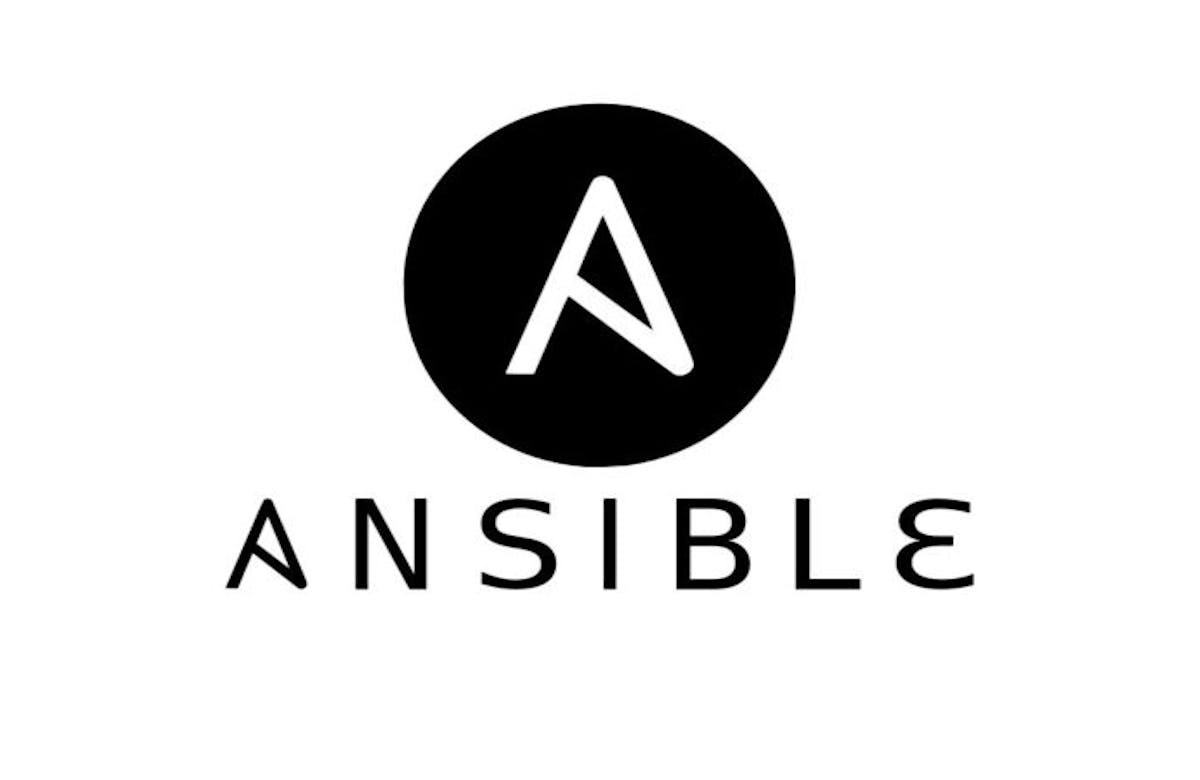 Ansible is a popular DevOps platform. It is a straightforward method of automating IT throughout the full application lifecycle.
It is a DevOps automation solution, making it easier for teams to grow automation and increase productivity while avoiding complication throughout the software development process.
IT automation minimizes time-consuming chores, allowing teams to focus on more important duties.
Ansible is a popular DevOps platform. It is a straightforward method of automating IT throughout the full application lifecycle.
It is a DevOps automation solution, making it easier for teams to grow automation and increase productivity while avoiding complication throughout the software development process.
IT automation minimizes time-consuming chores, allowing teams to focus on more important duties.
Pricing: Contact sales
Jira
 Jira is a popular issue tracking and project management application. Jira is offered as both a SaaS and an on-premises solution. Create automation rules using a drag-and-drop interface. To automate your process, integrate effortlessly with Bitbucket, GitHub, and Microsoft Teams.
Pricing: $75/month
Chef
 For speed, scale, and consistency, Chef is the tool you should go for.
It's a system that runs on the cloud. It is useful for simplifying and automating complicated operations.
By treating infrastructure as code, Chef contributes to the solution. The machine configuration is provided in a Chef recipe rather than modifying it manually.
Cloud adoption should be accelerated, it also manages data centers efficiently. And it has the ability to handle various cloud environments.
For speed, scale, and consistency, Chef is the tool you should go for.
It's a system that runs on the cloud. It is useful for simplifying and automating complicated operations.
By treating infrastructure as code, Chef contributes to the solution. The machine configuration is provided in a Chef recipe rather than modifying it manually.
Cloud adoption should be accelerated, it also manages data centers efficiently. And it has the ability to handle various cloud environments.
Splunk
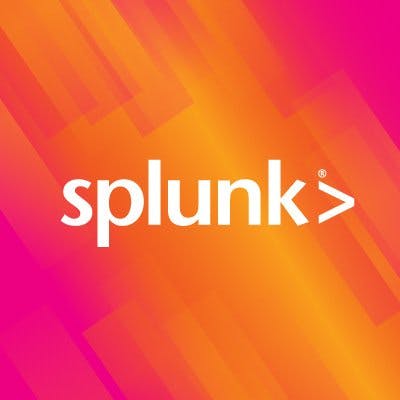 Splunk is a software monitoring and exploration company that delivers operational information to DevOps teams by delivering real-time insights across the delivery lifecycle.
It boosts productivity, security, and competitiveness by improving quality.
With speedier releases, data drive analytics and insights.
Monitoring and troubleshooting options are available, as well as a unified picture of various IT services.
Splunk is a software monitoring and exploration company that delivers operational information to DevOps teams by delivering real-time insights across the delivery lifecycle.
It boosts productivity, security, and competitiveness by improving quality.
With speedier releases, data drive analytics and insights.
Monitoring and troubleshooting options are available, as well as a unified picture of various IT services.
Pricing: $65 onwards
Ranorex Studio
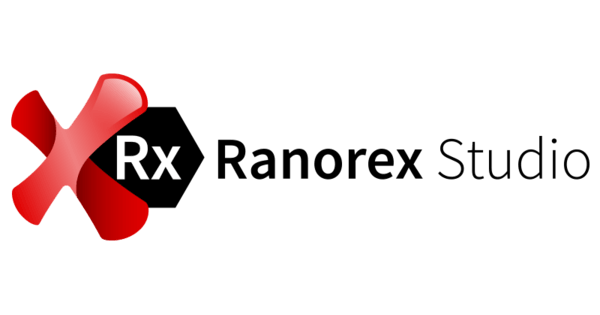 Ranorex Studio is a desktop, online, and mobile application testing automation solution.
Its dependable capture-and-replay tool, drag-and-drop UI components, and code modules for keyword-driven testing make it simple for novices to use yet powerful for professionals.
Without leaving the development environment, access the Ranorex core automation framework fully in C# and VB.NET.
View test results and track project progress with the full XML-based test report.
Ranorex Studio is a desktop, online, and mobile application testing automation solution.
Its dependable capture-and-replay tool, drag-and-drop UI components, and code modules for keyword-driven testing make it simple for novices to use yet powerful for professionals.
Without leaving the development environment, access the Ranorex core automation framework fully in C# and VB.NET.
View test results and track project progress with the full XML-based test report.
Pricing: Contact sales
New Relic
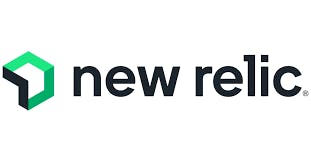 NewRelic is a monitoring tool that teams may use to collect data on application performance as well as infrastructure.
It's a robust full-stack data analysis platform that lets you gather and analyze a wide range of software metrics, events, and logs.
It enables you to quickly find anomalies, correlates events and situations, and obtain a synthesized version of all observed abnormalities.
NewRelic is a monitoring tool that teams may use to collect data on application performance as well as infrastructure.
It's a robust full-stack data analysis platform that lets you gather and analyze a wide range of software metrics, events, and logs.
It enables you to quickly find anomalies, correlates events and situations, and obtain a synthesized version of all observed abnormalities.
Closing
DevOps tools assist developers in streamlining the SDLC of a product or software to achieve more productivity, faster delivery, and better outcomes.
In this article, I have compiled a list of the top DevOps tools to assist teams to enhance their work at every stage of the software development process. We hope that this article on the top 10 DevOps tools will assist you in making a decision about which tools to be included in your stack. I personally recommend using DevLake, given the reason it’s open-source, and also its a combined set of all-in-one set of tools of operations.
Let me know if you have any queries in the comments section.
And would you be interested in using an open-source tool like DevLake? Do let me know in the comment section below. I hope you enjoyed reading it!
Feel free to connect with me on LinkedIn | Twitter
If you like my work, you can extend your support by buying me a ☕. Thank you!

